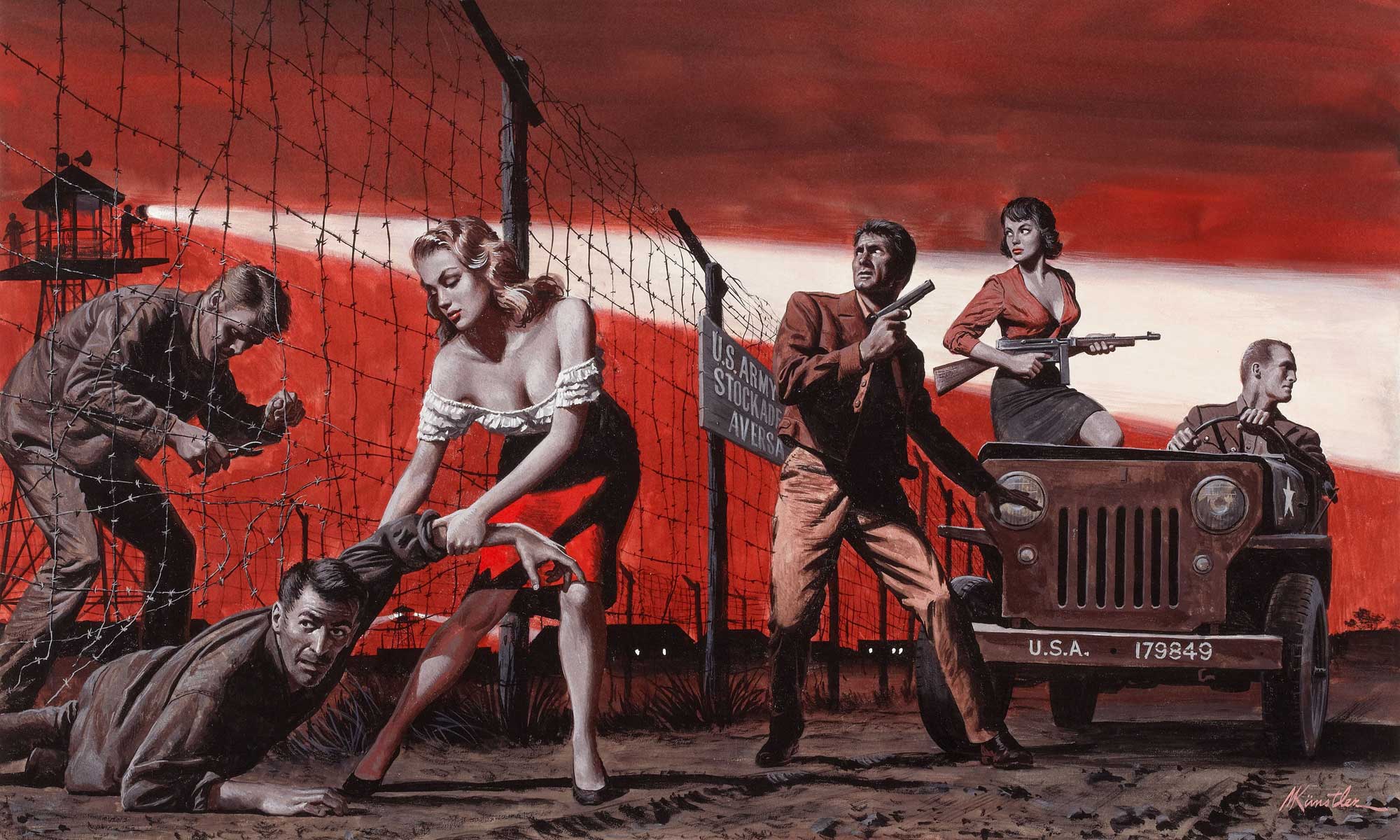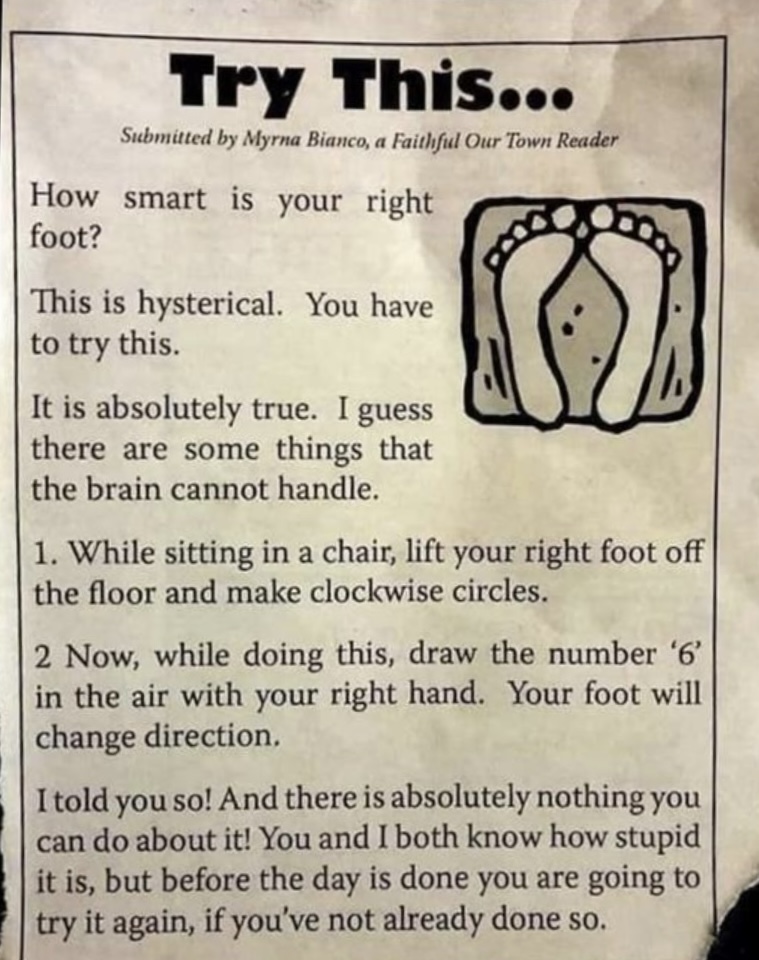
How platforms decay, as explained by Cory Doctorow to NPR. Finally a name for what we may not consciously recognize but deep down know is going on.
… I think Facebook’s a good example. Facebook went through the whole lifecycle of platform decay. They started off by offering a really good deal to their end users. They said, “Hey, leave MySpace, come to Facebook. It’s just like MySpace, except we only show you the things that you asked to see, and we’ll never spy on you.”
And then once those users were locked in — because once you’re in a place with all of your friends, it’s really hard to leave — they started to take away some of that good stuff they gave them, and they handed it to advertisers and publishers.
To the advertisers, they said, “We were lying when we said we weren’t going to spy on these guys. We’re totally spying on them. Here’s all the data you need to target them for ads that we’re not going to charge you much money for.”
And to the publishers, they said, “We are also lying when we said we’d only show them the stuff they asked to see.”
And then once the publishers and the advertisers were locked in, well, they took away those surpluses. The ads got more expensive. Publishers had to put more and more of their content — not just to get recommended, but even to be shown to the people who subscribed them. And that’s the final stage, the stage where there’s just only the residual value left on the platform that the platform owner thinks will keep the users and the business customers they bring in stuck to the platform. And that’s when we’re at the beginning of the end.
Further reading.





